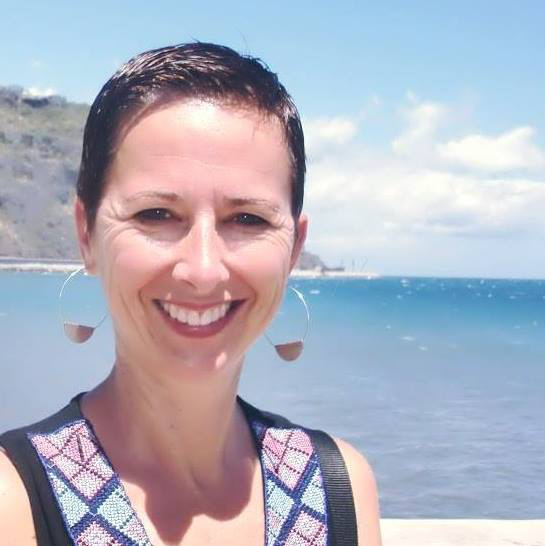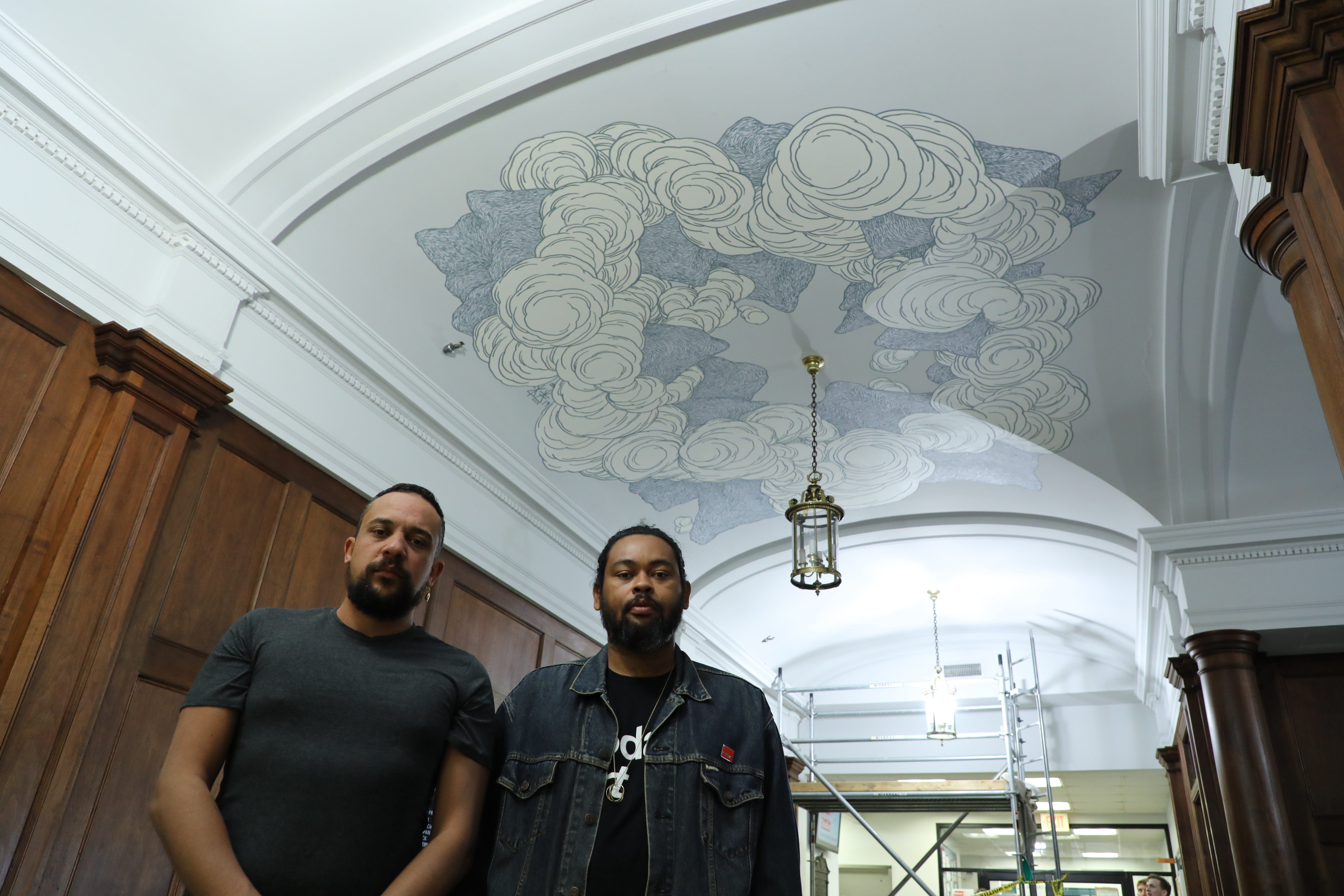Decolonizing the Indian Ocean
Most of us see oceans as in-between spaces, separating continents, people and cultures. Magali Compan, Professor of French & Francophone Studies, sees oceans differently, as places filled with humanity. Most of all, she is interested in what oceans can tell us about the hidden dynamics of colonialism and their lasting impacts. 
“Oceans are colonized spaces where colonial powers have imposed their authority over those bodies of water, often at the expense of local population and the environment, in order to extract resources, facilitate trade, and maintain their dominance,” Compan said.
The colonialism at play on the water – called “hydrocolonialism” – underscores the power dynamics and environmental injustices in colonial relationships.
“To control the oceans means control of trade and control of profit. So oceans are spaces that today remain colonized, that remain exploited, and where people, the most marginalized people, die every day,” said Compan.
Compan and a co-author, Professor Valérie Magdeleine-Andrianjafitrimo at the Université of Reunion Island, are publishing a book called Convergences Océanes, Ces océans qui nous habitent (Oceanic Convergences: The Oceans That Inhabit Us). Over thirty scholars and artists who study the Indian Ocean, Atlantic Ocean, Oceania, Caribbean Sea, and Mediterranean Sea have contributed articles, art and poems to the collection that focus on deconstructing hegemonic and land-centric discourses. Some articles will be published in English while others will be published in French.
The Faculty Grants Fund has helped with the publication costs of the book. Compan and Magdeleine-Andrianjafitrimo decided to publish the book with the Presses Universitaires Indianocéaniques, a press located in Reunion Island.
“This was an ethical decision. With topics analyzing and celebrating alternative epistemologies, we intentionally decided to publish with a local press to honor our commitment to these alternative centers of enunciation and publication,” Compan said. That ethical publication decision, however, means additional publication and shipping costs, which the Faculty Grants Fund will help cover.
Compan’s current scholarship focuses on Reunion Island, a French “department” in the Indian Ocean east of Madagascar. During her SSRL next year, she will travel to Reunion Island to meet with artists and start developing her new research project on the lost continent of Lemuria. She is also particularly eager to meet Yasmine Attoumane, an artist whose Reunion Island identity is central to her work; Compan is interested in the ways in which Attoumane understands her identity and its relationship to the ocean. Travel to Reunion Island is also critical for Compan because much of the scholarship and decolonizing artwork that is being done there is not published and promoted internationally, making it difficult to access from the United States.
Compan’s work on colonialism in oceanic settings exemplifies William & Mary’s commitment to democracy and an understanding of the earth’s waterways in its Vision 2026 strategic plan. She understands her work within a framework of “environmental humanities,” an interdisciplinary field which enables scholars to understand the connection between people and the environment through the lenses of art, history, literature and cultural studies.
While her research focuses on places thousands of miles away from William & Mary, Compan’s work has become a permanent part of the campus landscape: a mural depicting the mountains of Reunion Island adorns the ceiling of the Washington Hall lobby, a creation by Reunion Island artists Kid Kreol and Boogie, who were invited to campus in 2019 as guests to Compan’s class “Contested Memories in the Francophone World.” Their work, recreating a symbolic place of resistance against colonialism, reminds us of the power of art to reveal previously silenced voices. It is also a reminder of the convergences between the oceans that simultaneously separate and connect us.














